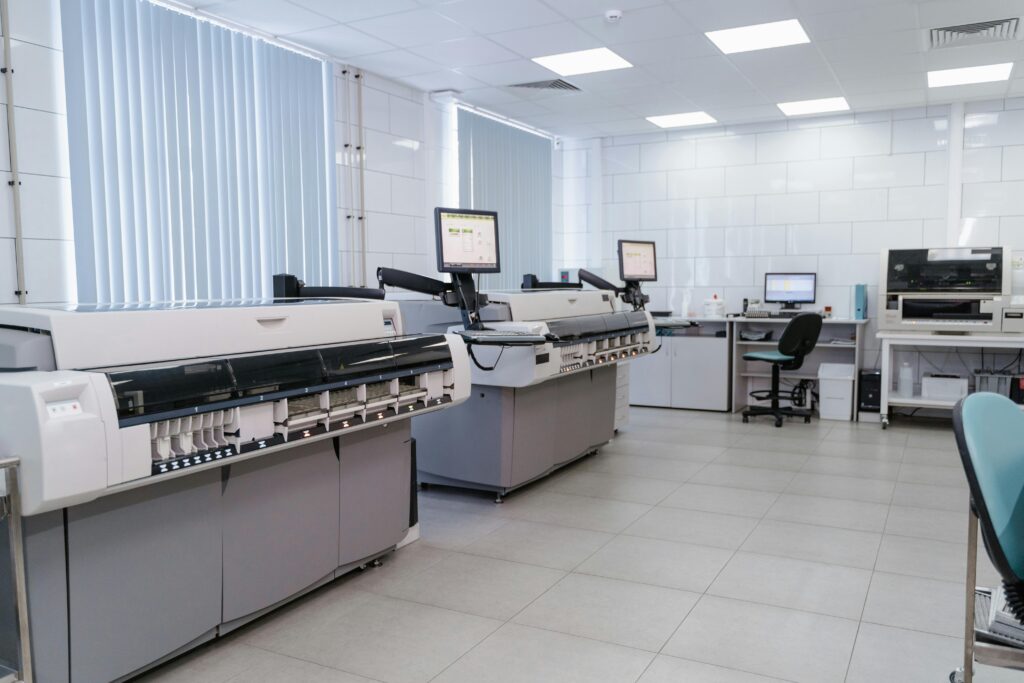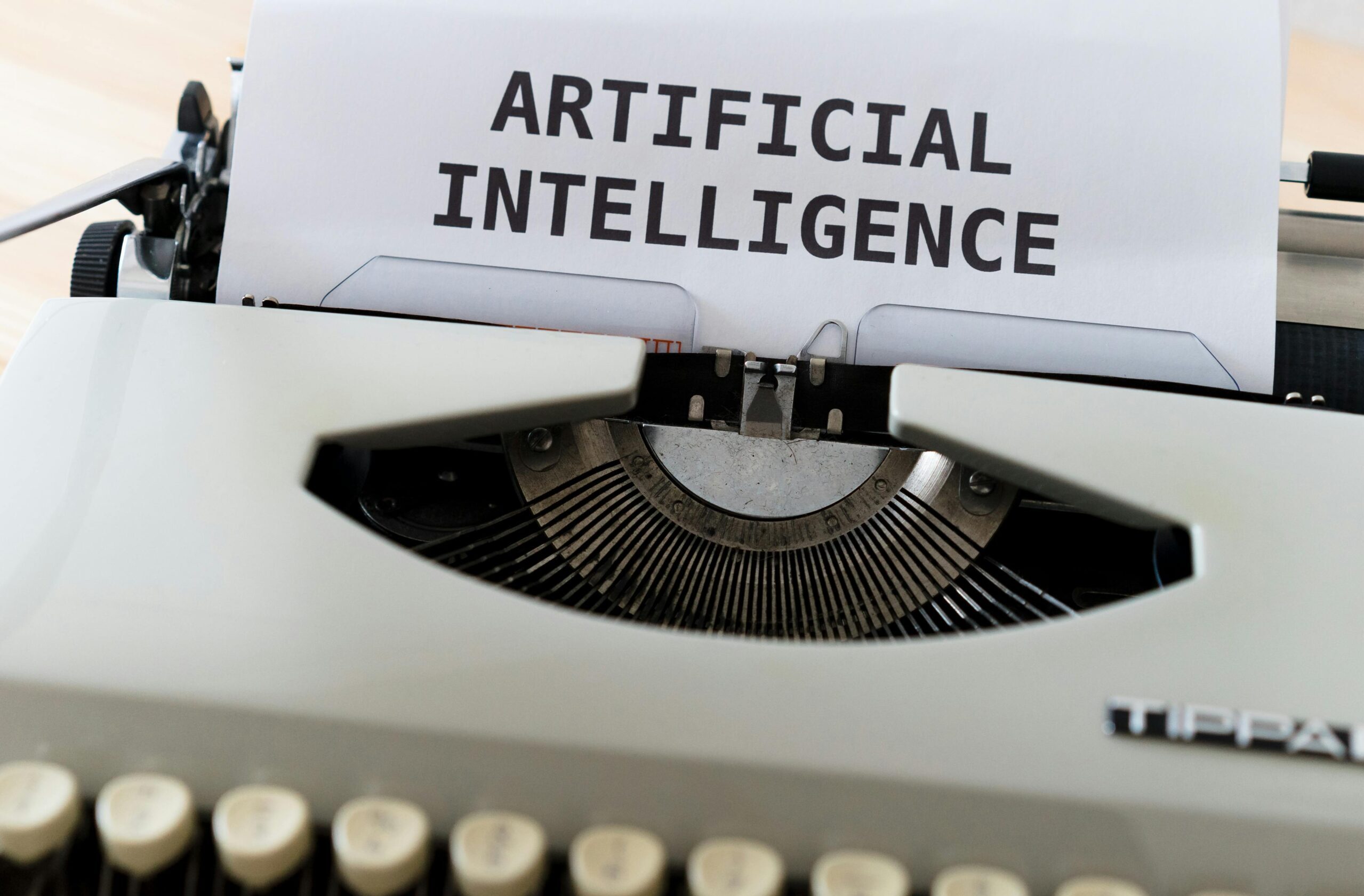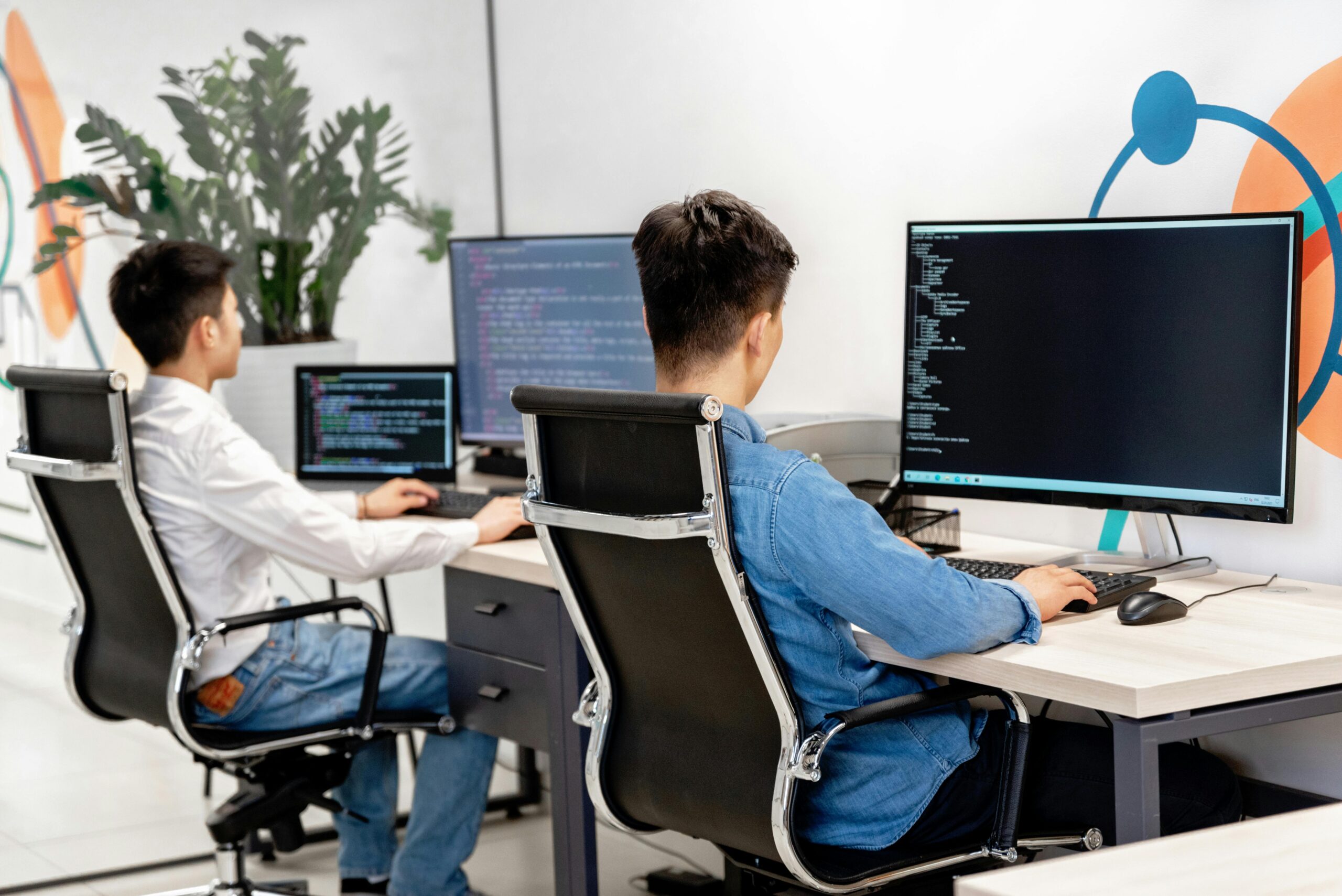AI in Industrial Computer System: The modern fast-paced environment of the industry dictates the pace of increasing demands on the modernity of automation systems that at this stage are not a luxury but a must-have. The core of these revolutionary technologies is industrial computers combined with our artificial intelligence (AI) power. This combination is very powerful and it is altering operations of factories, the way products are produced and decisions are made in various industries such as manufacturing, logistics, energy and healthcare.
As companies continue to maintain their competitiveness, one needs to appreciate the role played by AI-based industrial computers. In my article, the concepts of AI and industrial PCs are discussed more deeply, as they seem to become the framework of the intelligent automation systems and the foundation of the future of industrial processes.
What Are The Industrial Computers?
The industrial computers are not as soft as the normal desktop PCs but are tough and are designed to work in a harsh environment. These machines are able to survive high temperatures, vibrations, dust, and moisture and are thus suitable in factory floor, oil rigs, power plants and isolated areas in the field.

Industrial computers are characterised by the following major features:
Fanless and solid-stateligt design
• Support of the wide temperature range
• Mounting (i. e. DIN-rail or rack-mount)
• Long products life-cycle, reliability: There is a long product life cycle and high reliability.
These qualities make industrial PCs able to continuously serve mission-critical activities. However, in recent years as AI has been implemented into them, they are turning out to be more than just machines with a long lifespan and they are emerging into intelligent automation centers.
Industrial Automation AI Rise
The AI automation adopts machine learning (ML), deep learning, and data analytics to imitate the human-like judgment. This in the industrial world translates to more intelligent machines that are able to:
• Forecast the occurrence of failures in advance
• Minimize costs of production
• Real time tracking of quality
• Automatically adjust to fluctuation of workloads
However, to implement these advanced functions into the real-time, on-ground environment, the computing platforms that AI needs must be powerful, dependable and robust, hence the use of industrial computers.
AI-optimized Industrial Computers: A Game Changer
GPUs, FPGAs and TPUs are being fitted or incorporated into modern industrial PCs as AI accelerators. Such modules allow to process large data sets directly at the edge which is of paramount importance when such time-sensitive applications as machine vision, predictive maintenance, and robotics are in question.
These include some of the greatest benefits:
1. Collaborative capabilities in Edge Computing
The industrial computers based on AI operate in the conditions of edge computing where data are processed closer to its source (i.e., sensors, cameras, machines). This minimizes latency and enhances the response time, as well as reducing cloud dependency.
2. Decision Making in Real-time
As an example, an AI model executed on an industrial computer can identify defects on a conveyor belt in milliseconds, which cannot be done any faster by humans or across the cloud. I have tested that the use of AI help us to make decision on time.
3. Data-Driven Insights
These computers gather and interpret sensor data so that the managers may make evidence-reliant decisions that can minimize downtimes, optimize the energy consumption, and enhance the quality of the products.
Industry-Wide Important Use Cases
Sharp Factories
AI ready industrial PCs are also able to provide real time production insights analysis, control of robotic arms, as well as provide automated machine vision quality checks in Industry 4.0 ecosystems.
Logistics Smarter Warehousing
Autonomous mobile robots (AMRs), intelligent sorting systems, and in-store inventory tracking involve little human control and are powered by AI and industrial computers.
Energy: Energy industry: Predictive Maintenance
In the oil and natural gas industries, AI capabilities in industrial computers allow monitoring of the health of pipelines, leak detection, and equipment breakdown predictability to prevent millions of dollars in unforeseen outages.
Medical: Smart Diagnostics
Industrial-grade computing in edge AI systems in the medical imaging machine process scans and help radiologists to give faster and more accurate diagnosis.
Potential advantages of AI Merging as applied to IPA PCs
Increased Efficiency
The AI algorithms can be used to decrease the cycle time, knockout unnecessary exercises, accelerate the work process, and thus increase the efficiency of the whole operations.
Reduced Downtime
Anomaly detection and predictive maintenance ensures that machine failures and downtimes are significantly minimised using AI.
Enhanced Safety
Everyday supervision and alerts will aid in the detection of hazardous situations prior to the happening of accidents.
Scalability
It is also possible to retrain AI models and deploy them to an arbitrary number of industrial PCs, which makes the system easily scalable to the expanding operation.
Sustainability
To help its operations be greener and more sustainable, AI optimizes resource consumption be it electricity, water, or raw materials.
Situations to Be aware of
However, to connect industrial computers to AI, a few challenges are presented regardless of the positive outcomes:
• Expensive one-time investment in AI capable hardware
• Integration of complex system with legacy equipment
• Increased connectivity risks arising because of cybersecurity
• Actualization of talented individuals to develop and maintain a model
Nevertheless, these problems can be adequately achieved when addressed with sufficient planning and partners.
What are the Future Trends?
Neuromorphic Computing -AI-on-Chip
The future of industrial PCs will be the inclusion of AI-on-chip process that emulate human brain in terms of speed and efficiency.
5G Integration
The 5G networks allow higher proportions of data transmission between the AI systems and industrial devices.
Self-Learning Systems
The AI-assisted systems of the future will thus be self-learning, requiring less and less human interference, and getting more and more accurate as time goes by.
Digital Twins
Virtual monitoring, simulation, and optimization of industrial processes will be possible by using real-time digital twins of machines created by AI models implemented into industrial computers.
Selecting Correct AI-Implemented Industrial Computer
In choosing an industrial PC to undertake intelligent automation, businesses are requested to take into account:
• Type of a processor (CPU + GPU/AI accelerator support)
• Temperature, shock, vibration environmental resistance
• The compatibility of the software with AI frameworks (e.g., TensorFlow, PyTorch)
• Support of vendor to update, security patches and scalability
Selection of the appropriate hardware guarantees a smooth integration of the application and long time reliability as well as ROI on AI investments.
Conclusion: Backbone of the Future
In our language the industrial computers have always been called the invisible workforce of the current work. However, coupled with AI, they are turning to intelligent brains of the automation systems. They are empowering machines to think, predict, and adapt at real time and it is the dawn of smart and autonomous industries.AI in Industrial Computer System is widely use in future.
As AI advances and industrial demands increase it is these companies that adopt this synergy of AI automation and industrial computing that will be the first to charge forward. Not only will they be future ready, but also future-proof.
(The article you may like)
Transformation, From Manual to Magical: Why Intelligent Automation Transforms Journeys of Members

